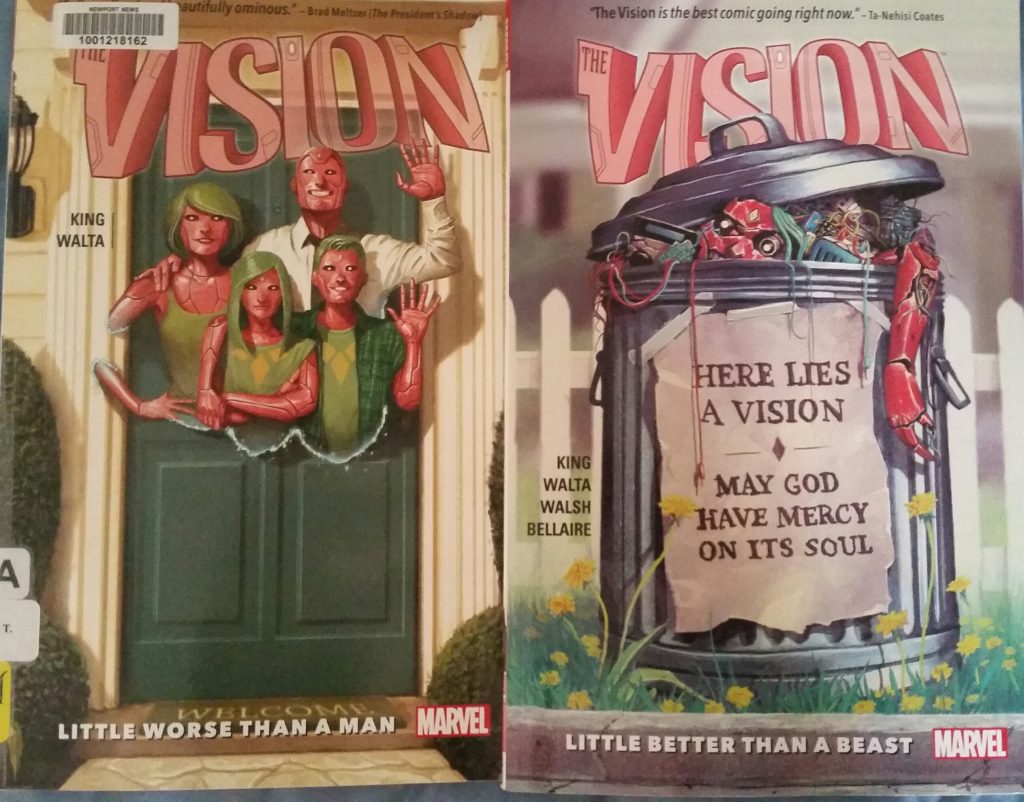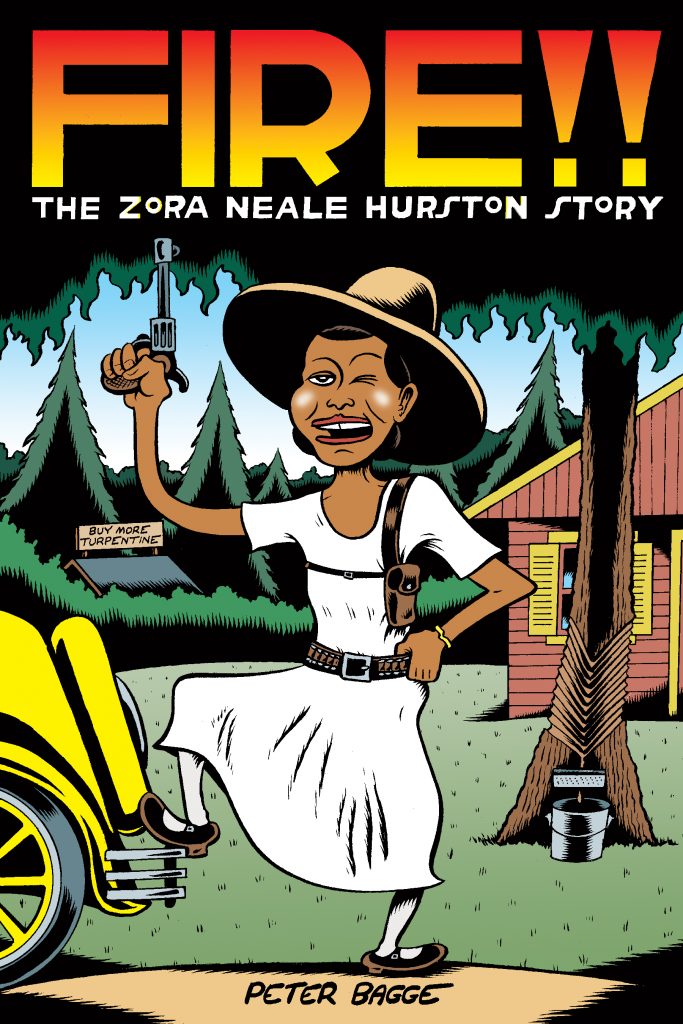I first started blogging about anthropology and comic books back in 2012 in an occasional series titled Illustrated Man. It lasted for about nine posts before petering out as other projects demanded my attention, especially going back to grad school to pick up a Masters after completing my doctorate. While I stopped blogging about them I never stopped reading comics.
Now a professional librarian, my engagement with comics is changing again as I begin serving on a graphic novel book prize committee for my state professional association. It’s time to shake off the rust and get to writing again! So welcome to The Return of Illustrated Man. For our first installment I’ll be taking up a subject neglected in the original run, superheroes, with a review of The Vision: Little Worse than a Man/ Little Better than a Beast (2016).

Marvel fans know Vision as one of the oldest characters of the Avengers, his Silver Age origins dating back to 1968. Despite his longevity Vision is not a heavy hitter among the superstar Marvel heroes and is typically only seen in the context of the Avengers group. I mean, he’s no Wolverine or Spider-Man. Casual fans may recognize him as a supporting character from the recent blockbusters Avengers: Age of Ultron (2015) and Captain America: Civil War (2016). Perhaps because of his status as a relatively minor character in the Marvel canon, Vision was ripe for a reimagining and his latest iteration, a twelve issue run from 2016 now collected in two trade paperbacks, is stellar.
